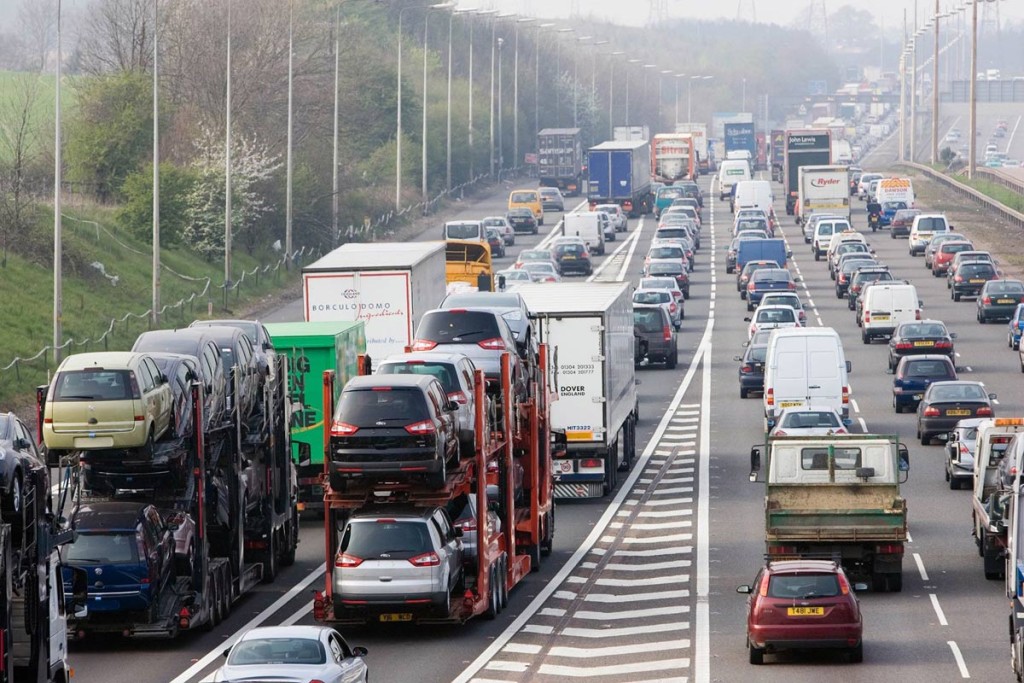
Germany’s transport sector emitted more carbon dioxide last year, as a post-pandemic recovery offset higher fuel prices, rail subsidies, and record numbers of new electric vehicles.
Emissions from cars, trucks, ships, and planes rose 0.7% to 148 million tons in 2021, slightly above the national target, according to the Federal Environment Agency.
The data comes after auto industry giant, Germany, blocked the European Union’s plan to phase out combustion engines by 2035. The increasing emissions put Germany’s climate goals at risk, as Europe’s largest economy seeks to navigate the region’s energy crunch.
“To meet the federal government’s 2030 targets, emissions must now be reduced by 6% per year,” the agency’s President Dirk Messner told reporters on Wednesday.
As transport rebounded from the pandemic, the government cushioned the impact of soaring gasoline prices for consumers, while also offering a €2.5 billion ($2.68 billion) subsidy for cheaper train travel. Although 2022 was a record year for new electric car registrations, that wasn’t enough to prevent an increase in emissions, the environment agency said.
Messner added that more investments were needed in public transport, while environmentally harmful subsidies for combustion engines and the aviation sector should be cut.
Germany’s energy sector saw the sharpest increase in emissions, with a 4.4% jump to 256 million tons of CO2. As the country struggled to replace Russian gas, utilities burnt more hard coal, lignite and heating oil.
While the increased use of renewable energy helped Germany reduce its overall carbon emissions by 1.9% to 746 million tons, which was still above the level for 2020, according to the data.

Follow us on social media: